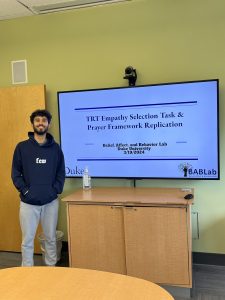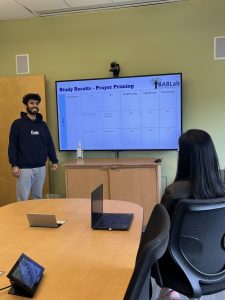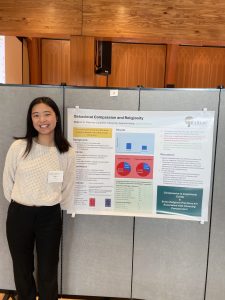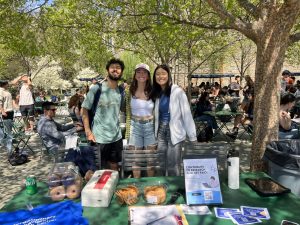We are excited to announce an interdisciplinary Bass Connections Project Team for the 2024-2025 academic year! Dr. Patty Van Cappellen will be serving as Team Leader alongside Dr. Erin Johnston for this project entitled, “What is Hope? Bridging the Gap between Experience and Research.”
In year-long Bass Connections project teams, faculty, graduate, and undergraduate students engage in collaborative research that explores complex societal issues. Duke students of all levels can apply! See the 2024-2025 Project Teams. Deadline for applications is February 12, 5p.m EST.
What is Hope?
Hope is a central concept not only to promoting resilience and flourishing, but also as a religious competency. Its scientific study is, however, surprisingly limited — existing conceptions range from too narrow to too broad. We aim to renew our understanding of hope through a deeper engagement with its lived experiences and existential roots.
This team will engage with the lived experience of hope as reported by practitioners and community members, including people of faith. Team members will expand the understanding of what hope is through semi-structured interviews to gather 30-60 personal stories of hope. A data repository will be created, containing rich qualitative data on experiences of hope from a diverse set of people representing different religious, cultural, and socioeconomic backgrounds.
Student Opportunities:
- The team will include 3 graduate students and 12 undergraduate students with interest and background in the social sciences.
- Students will develop skills in project design and learn social science research methods, analytical skills, and critical evaluation.
Academic credit is available for Fall-Spring semesters.
Please see the Hope Project Team page for full details! See the 2024-2025 Project Teams call page to learn more about Bass Connections teams, FAQ, and the online application. We encourage all interested students to apply!








